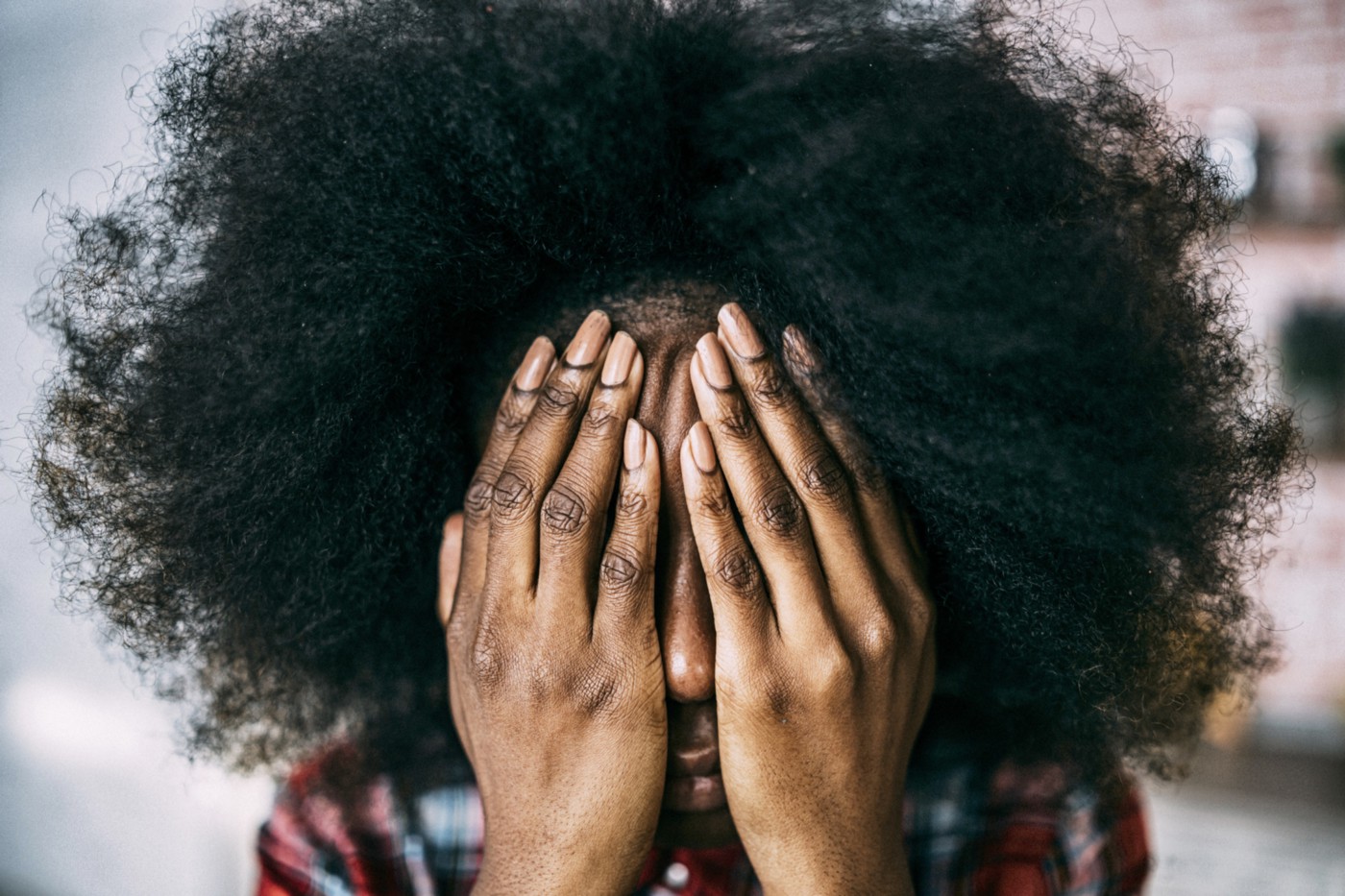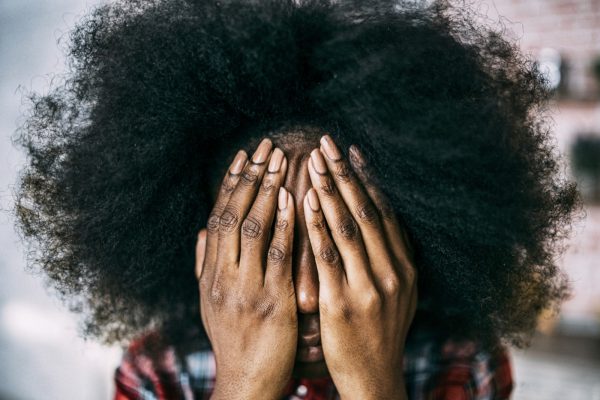The rate of domestic violence in Nigeria has reached an alarming rate. Despite calls to end domestic violence in homes, it seems this vice is not likely to end anytime soon. In many cases of domestic violence, women are often the victims. On this note, a United Nations study in 2019 reported that 1 in 3 women have been subjected to occasional domestic violence.
Read more about Top events
According to the United Nations, domestic abuse, also called “domestic violence” or “intimate partner violence”, can be defined as a pattern of behaviour in any relationship that is used to gain or maintain power and control over an intimate partner. Abuse is physical, sexual, emotional, economic or psychological actions or threats of actions that influence another person. This includes any behaviours that frighten, intimidate, terrorize, manipulate, hurt, humiliate, blame, injure, or wound someone. Domestic abuse can happen to anyone of any race, age, sexual orientation, religion, or gender. It can occur within a range of relationships including couples who are married, living together or dating. Domestic violence affects people of all socioeconomic backgrounds and education levels.
In Nigeria, the call to end domestic violence has a very strong presence compared to anywhere in Africa and the Middle East. One could readily assert that Nigeria tops the list of nations with the highest number of activists. However, the nation suffers a higher degree of domestic violence. In almost all the ethnic groups and religious beliefs in Nigeria, there are underlying supports for domestic violence. In some cultures, it is believed that a man should beat or slap his wife as a form of discipline. Surprisingly, being married in a Christian home does not diminish the possibilities of domestic violence, despite the emphasis on love, peace and tolerance. And having a degree of economic power, especially as a woman or man does not exclude them from this vice.
On the 8th of April, a famous gospel artist known as Osinachi Nwachukwu died in an Abuja hospital over issues related to domestic violence. According to the reports of her colleagues, the “Ekwueme” crooner was a victim of constant physical and emotional abuse. The singer, who shot into the limelight with the hit “Ekwueme“, which has been watched 72 million times on YouTube, was said to have been kicked in the chest by her husband and was rushed to an Abuja hospital where she was placed under an Intensive Care Unit, where she later died on Friday night. However, others have disclosed that she died of thoracic cancer, yet the controversies over death abound.
Several Nigerians have blamed her death on her religious and cultural prejudices. They noted that the 40-year-old singer chose to endure the abusive relationship because of her faith and her status as a music minister. To a large extent, she was a role model and was trying to fit into the mould of a true and faithful wife who rather endure an abusive marriage over getting a divorce, which is seen as un-Christian.
Sign up to the Connect Nigeria daily newsletter
Furthermore, her death has called for reflection and rethinking over the issues of marriage and divorce in the face of domestic abuse. Several people are asking relevant stakeholders to do everything in their power and capacity to end this menace. The question to ask is who are these relevant stakeholders? Studies have shown that domestic violence flourishes as a result of religious, cultural, social, and societal factors. Therefore, leading stakeholders in these sectors must be effectively engaged. These stakeholders include the government, religious and traditional leaders, human rights activists, educators, and so on.
- First, political leaders and lawmakers must place stringent punishments on domestic abusers. They must set out special laws that punish offenders and protect victims.
- Second, religious leaders must teach their followers the negative effects of domestic violence on children and the society at large, and hammer on mutual respect, understanding and amicable means of conflict resolution.
- Thirdly, religious leaders must put into consciousness of their followers to abandon an abusive partner to save their lives. They must desist from encouraging victims to endure abuse in the name of being a faithful spouse. They must also ensure that the separated and divorced are not discriminated against.
- Fourth, traditional and cultural leaders must desist from promoting and using culture as an instrument of subjecting women as lesser beings compared to their male counterparts. They must also teach their people that it’s highly un-cultural to hit your partner under any guise, including flogging and slapping as a medium of discipline.
- People need to be taught smarter ways of conflict resolution rather than violent means. This is the role of educators and teachers who must teach their students and pupils the negative effects of violence and must equally discourage bullying through instructions and discipline.
Featured Image Source: Zero Medium
Got a suggestion? Contact us: [email protected]


